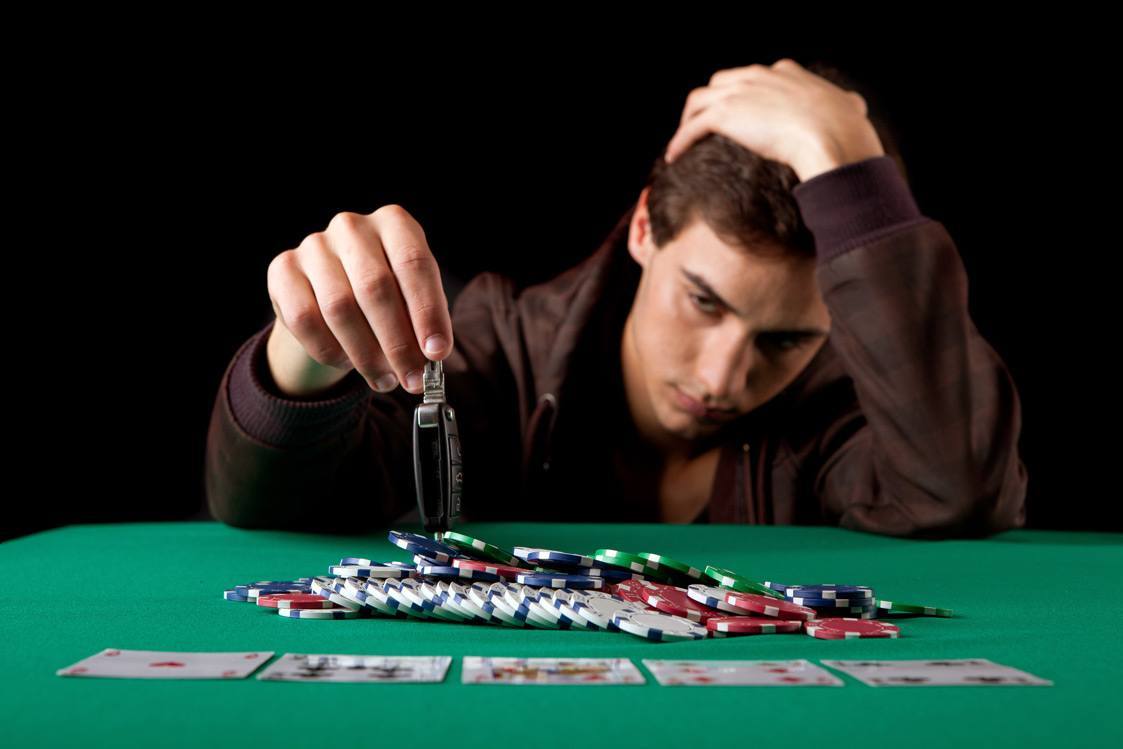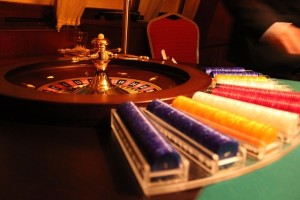Link Between Gambling And Depression
Another potential connection is that gambling itself could come before depression. The addictive nature of gambling can effect healthy brains and trap them just the same. A person who is perfectly happy could find themselves stuck putting more resources into gambling and create a stress inducing situation in their life. Among high-risk online gamblers, the most predictive risk factors included moderate and severe anxiety and depression, reduced work hours, being influenced to gamble due to COVID-19, gambling under the influence of cannabis or alcohol and risky gambling motives tied to mental health concerns, including gambling because it helps with nervousness and depression, chasing gambling losses and seeking to earn income. Study links pathological gaming to depression, anxiety in kids Iowa State professor says research shows 'hints of causality' between problem gaming and mental health issues; ESA decries study as.
May 22, 2015
Addiction comes in a number of forms and some of the hardest addictions to recover from do not involve drugs or alcohol. Gambling addiction plagues many American families; people who suffer from it face problems at work, school and home. New research suggests that young men who gamble chronically often suffer from depression, Medical News Today reports.
Researchers at the University of Quebec at Montreal in Canada conducted the first study to observe how often gambling and depression occurs together in young men in their teens through to their 20s. Frédéric Dussault and colleagues used data from a study that started in 1984 and is still active. The study involved data from 878 participants that answered questions about gambling and depression when they were 17, 23 and 28 years old.
Growing more severe over time, 73% of the participants who reported having problems with gambling were also living with depression that appears to have developed with the chronic gambling, according to the article. The researchers found that the problems did not seem to diminish with age, but worsened.
“Gambling problems may be more a personal problem similar to an addiction: once acquired, they are difficult to get rid of,” said Dussault.
The researchers determined that boys who showed signs of high impulsivity tend to become gamblers as they age. What’s more, another group of researchers at the University of Missouri say more than 1.6 million US college-age adults meet the criteria for problem gambling.
People seeking treatment for problem gambling should address their depression (when present). Treating both disorders at the same time will better ensure a successful recovery.
The findings were published in the Journal of Gambling Studies.
____________________________________________________________
Addiction and Recovery News Updates provided by Celebrate Hope Christian Rehab.
Most people, whether they have a problem with gambling or not, can relate to the idea that people get excited when they win, and feel disappointed when they lose.
Beyond the initial feelings of sadness from losing, when someone has a gambling problem they may feel depressed, as well as perhaps experiencing feelings of shame and guilt.
Signs of depression may include:
- Increased irritability and frustration
- Loss of interest in activities and friends
- Feeling tired and worthless
- Struggling to sleep or finding it difficult to get out of bed
- Loss of appetite
- Negative or hopeless thoughts
Most people experience some of these signs at different times in their lives but if you notice they are happening more often you may be feeling depressed.
Remember there are services available to help you with these feelings, you can speak to one of our counsellors who can help you find the right one, and it’s completely confidential, free and available 24/7.
How common is depression and gambling?
A recent study has found that people with a gambling problem were twice as likely to be depressed and 18 times more likely to experience severe psychological distress than people without a gambling problem.
Further to this, the connection between mood and gambling is not always one-way and being depressed may push someone towards gambling in the first place.
For example, feeling depressed, down or alone can place people at risk of developing or increasing their gambling problem:
- People may use gambling as a break or escape from negative feelings or situations
- Gambling may provide a 'pick me up' or a sense of feeling connected to other people.
Dealing with gambling and depression
It is really important to look at your gambling and mood when addressing the problem. This will help you decide what kind of supports and strategies you might want to consider using.

For example, if you gamble because you are lonely, it will be important to look at both the gambling and the loneliness when taking steps to get your control back.
A simple step
Increasing your activity level can be one simple way to help with your depression. It can boost your mood, give you a different focus, increase your sense of control, makes you feel less tired and can help you think more clearly.
Just as you would train before running a marathon for the first time, starting with small steps can be the key. For example:
- Make your bed – it gets you moving and a sense of achievement for completing an activity.
- Go for a walk, gradually increasing how far you go each day.
- Cook a recipe you haven’t tried before.
- Sign up for a regular activity, this could include:
Link Between Gaming And Depression
o Dancing
o Cooking
o Fitness/Gym
o Men's shed
o Gardening
o Art Class
o Painting
o Knitting
o Woodwork
o Get a Pet
o Singing
Link Between Gaming And Depression
Make sure it’s something you enjoy doing, or gives you a sense of satisfaction, this way you will look forward to it and be motivated to participate!
Next steps

If you think depression is an issue for you, it is important to get help:
- Speak to one of our counsellors. They will discuss some strategies with you and can also refer you to local services.
- Talk to someone who you trust and know will listen to your concerns.
- Visit your G.P. or a mental health professional. They can conduct an assessment and provide treatment and referral if appropriate.
- Seek support from others in our peer support forums